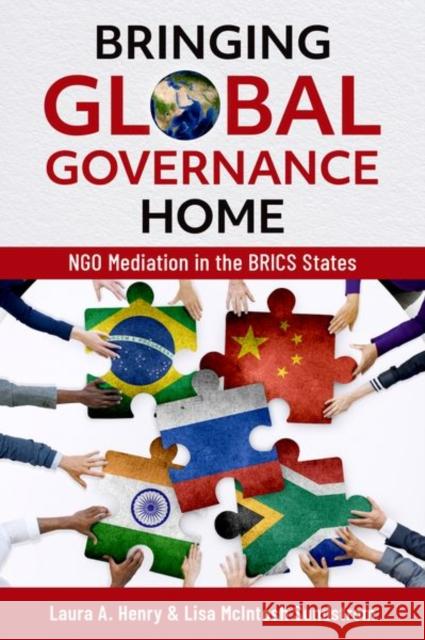Bringing Global Governance Home: Ngo Mediation in the Brics States » książka
topmenu
Bringing Global Governance Home: Ngo Mediation in the Brics States
ISBN-13: 9780197530238 / Angielski / Twarda / 2021 / 304 str.
Kategorie:
Kategorie BISAC:
Wydawca:
Oxford University Press, USA
Język:
Angielski
ISBN-13:
9780197530238
Rok wydania:
2021
Ilość stron:
304
Waga:
0.54 kg
Wymiary:
24.38 x 16.51 x 3.3
Oprawa:
Twarda
Wolumenów:
01
Dodatkowe informacje:
Bibliografia











